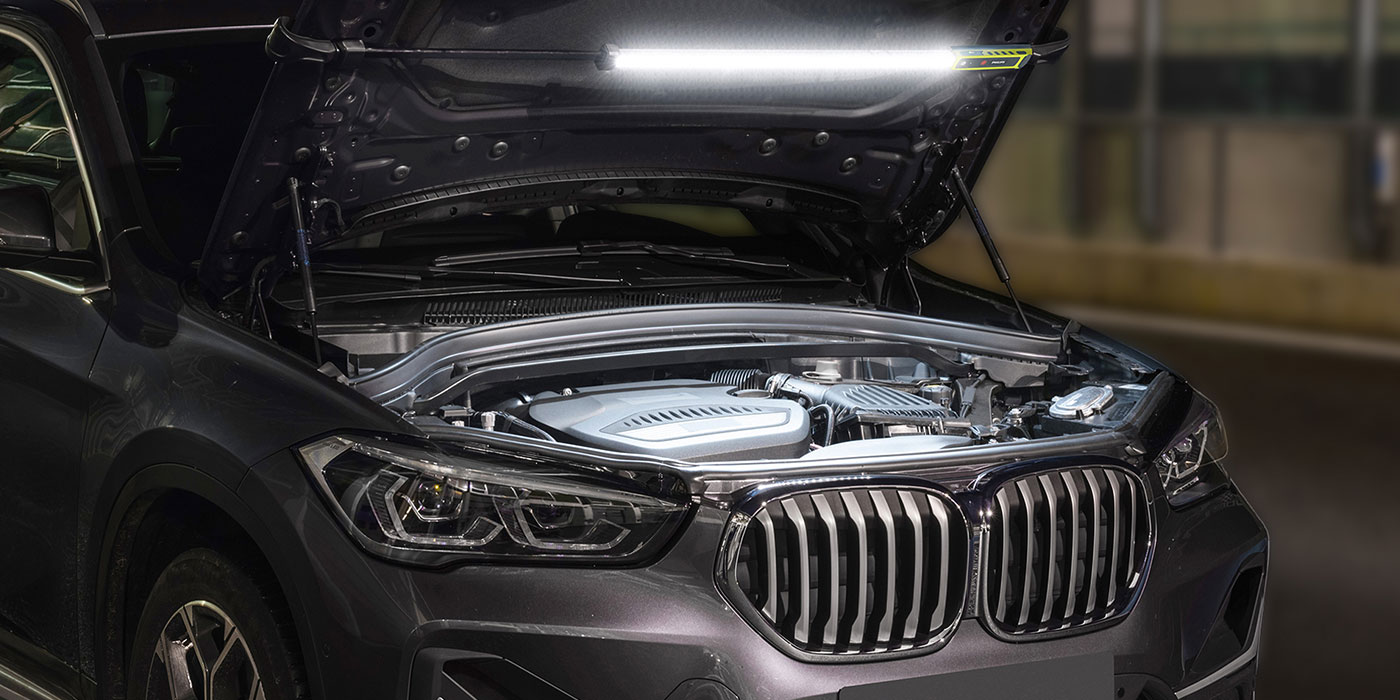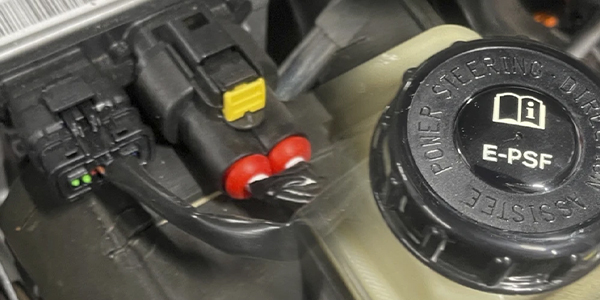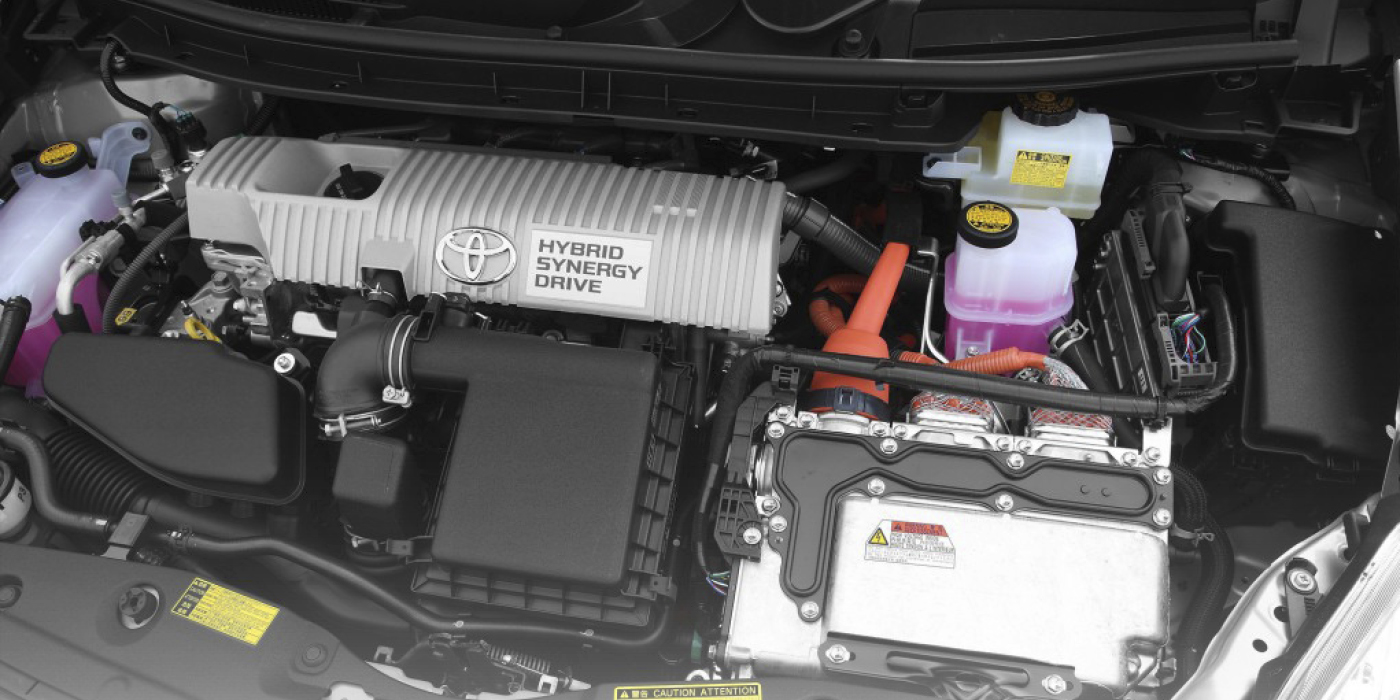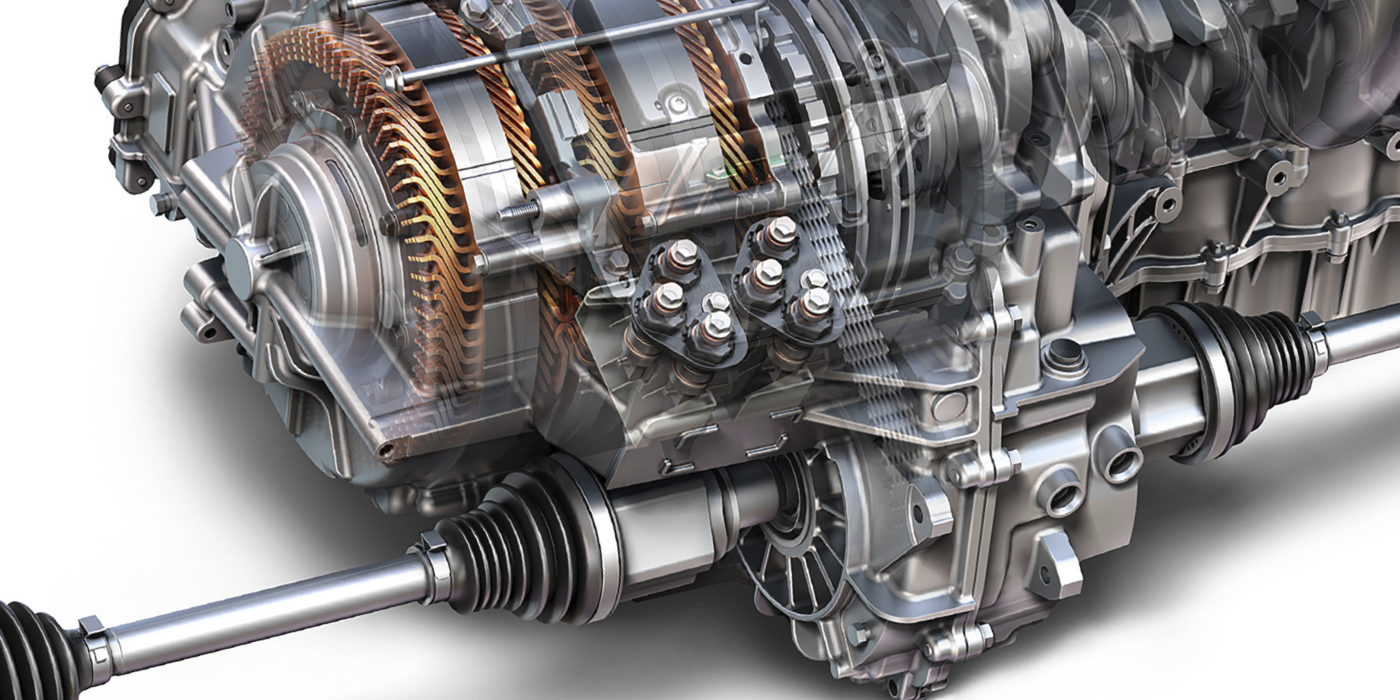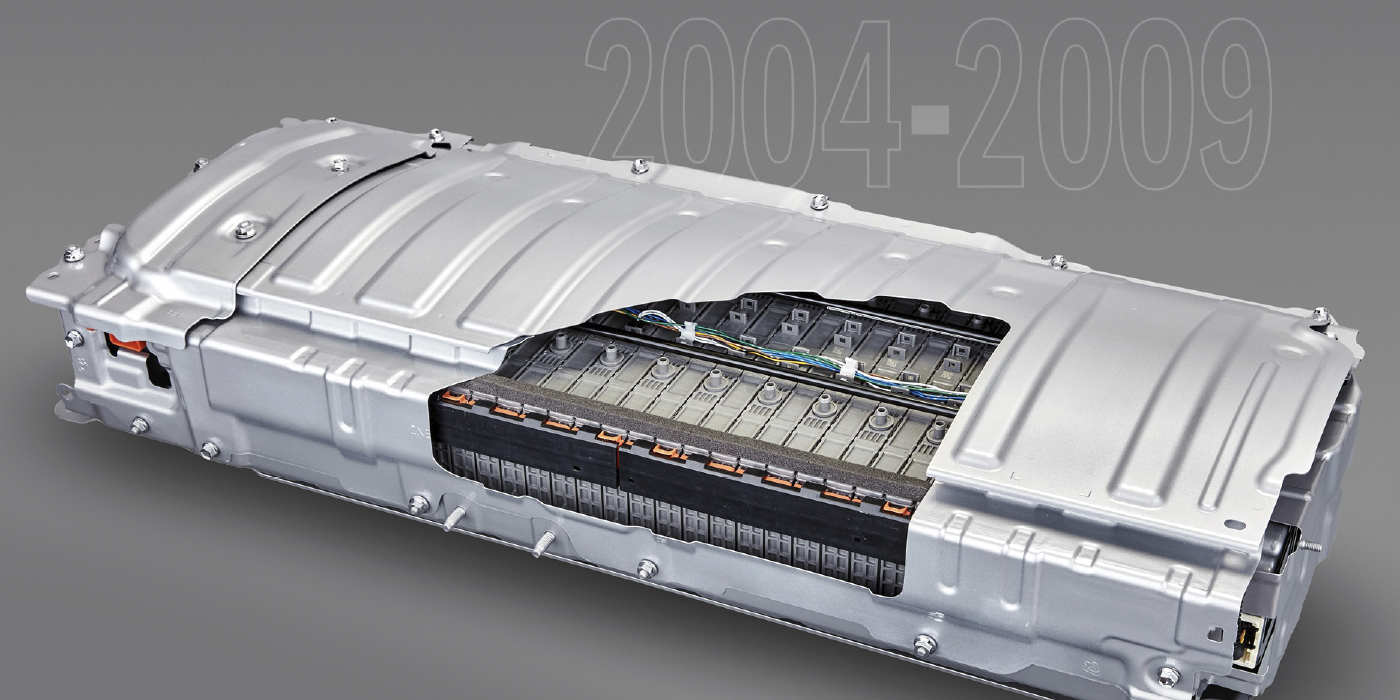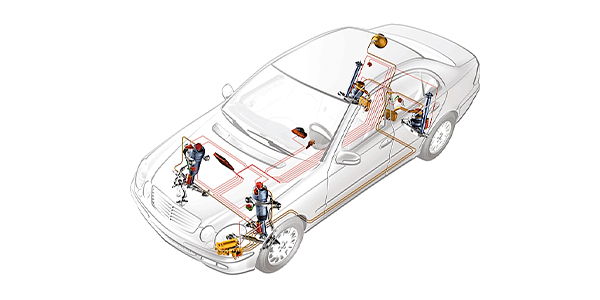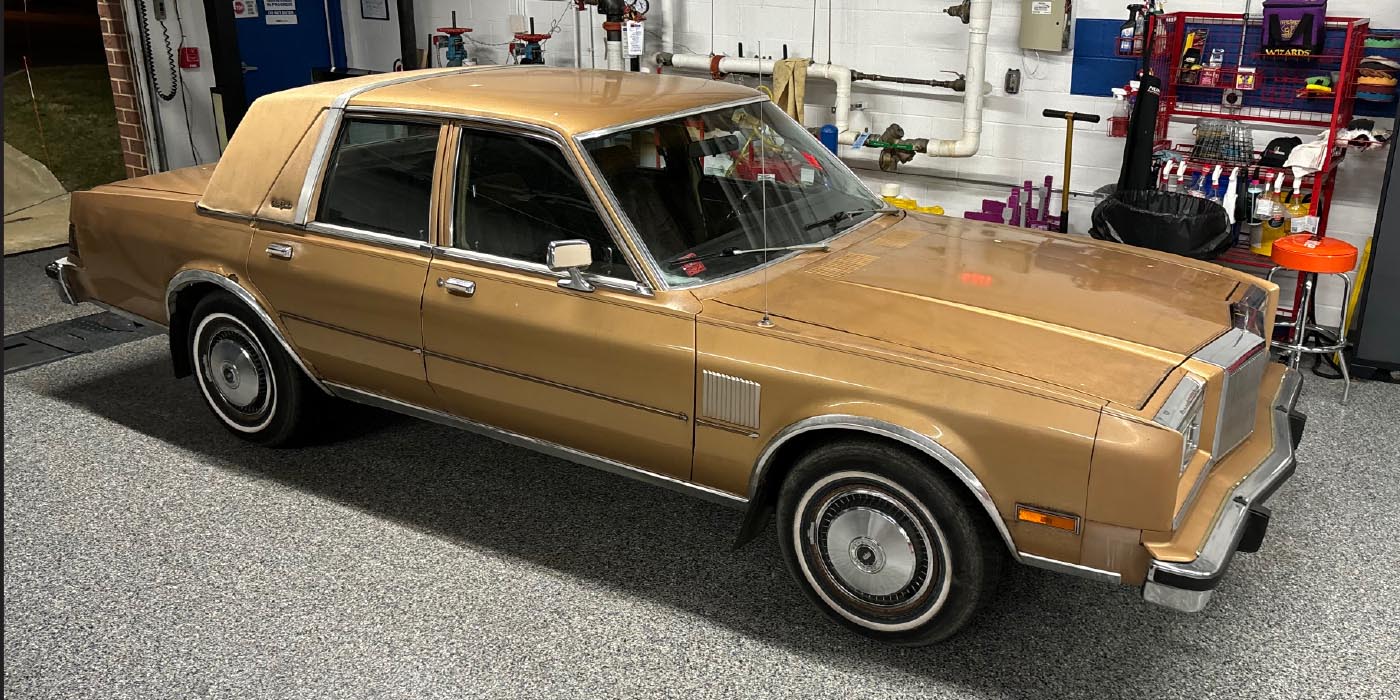On July 29, President Obama announced the next phase in the Administration’s program to increase fuel efficiency and reduce greenhouse gas pollution for all new cars and trucks sold in the U.S. Automaker fleets will need to average 54.5 miles per gallon by 2025 — about 2 mpg less than the earlier fuel-economy target of 56.2 mpg.
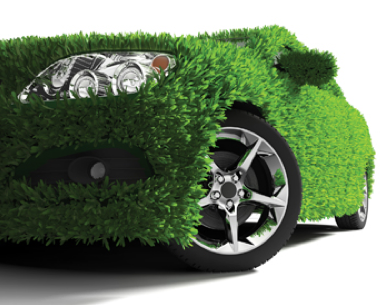
Fuel economy standards, often referred to as “CAFE” (corporate average fuel economy), for new vehicles are already slated to improve from an average of 27.3 mpg today, to 35.5 mpg by 2016.
The 2017-2025 rule is expected to include credits for automakers that incorporate some of the latest vehicle technology for reducing fuel consumption, such as engine shut-off during idling and specially designed louvered front grilles.
One of the biggest reasons for the new standard is to reduce oil de-pendence, reported The White House. The standards for MY 2011-2025 will reduce oil consumption by an estimated 2.2 million barrels a day — more than we import from any country other than Canada.
Some of these advanced technologies are already on the market, said David Champion, the senior director of Consumer Reports’ auto test division. “In our testing, we’ve already seen highway consumption of 55 mpg in a Toyota Prius hybrid and 49 mpg in a Volkswagen Golf diesel.”
Several automakers feel the new mpg number is within reach.
Statement from Toyota USA:
“Toyota has embarked on the most aggressive expansion of hybrid, electric and hydrogen fuel cell cars of any automaker, and we are committed to continuing our demonstrated environmental leadership. As the rule-making process moves forward, we look forward to working closely and constructively with the Administra-tion and other stakeholders to ensure that we realize our shared environmental goals in the most economically effective and consumer-friendly ways possible.”
Statement from American Honda:
“Honda has long been a leader in, and advocate for, reducing petroleum consumption and greenhouse gas emissions. Honda embraces this new challenge and we welcome the competition we will have with other automakers that will result from these new standards, because it will benefit both our customers and the health of the planet.
Honda is proud to have actively participated in the Administration’s efforts to extend the single national standards to the 2017-2025 period. In this regard, we also appreciate the State of California’s decision to harmonize its regulations with the federal initiatives.”
Statement from Volkswagen of America
“The Volkswagen Group is a global leader in fuel efficiency and associated technologies, and we are committed to the ongoing negotiations with the White House on reaching maximum achievable fuel economy/GHG reduction standards.
Volkswagen does not endorse the proposal under discussion. It places an unfairly high burden on passenger cars, while allowing special compliance flexibility for heavier light trucks. Passenger cars would be required to achieve 5% annual improvements, and light trucks 3.5% annual improvements. The largest trucks carry almost no burden for the 2017-2020 timeframe, and are granted numerous ways to mathematically meet targets in the outlying years without significant real-world gains.
The proposal encourages manufacturers and customers to shift toward larger, less efficient vehicles, defeating the goal of reduced greenhouse gas emissions.
Volkswagen Group clean diesel products are among the most fuel-efficient vehicles on the road today. Our new mid-size Passat TDI, built here in the U.S. in Chattanooga, TN, achieves 43 mpg highway and can travel almost 800 miles on a single tank of fuel. If one-third of the vehicles on the road today were clean diesel, the U.S. would save 1.4 million barrels of oil a day. Yet there is no consideration in the current proposal for the positive impact clean diesels can have on fuel consumption here in the U.S.”
We’d like to hear from you. Do you think that the automakers will have trouble reaching the 54.5 mpg target within the next 14 years?
How do you think this will affect your work as an automotive technician or shop owner?
Will working on these vehicles change your commitment to and emphasis on training?
E-mail your thoughts to me at [email protected].
Sources: Reuters, The White House, Consumer Reports, Toyota, American Honda and Volkswagen of America.

